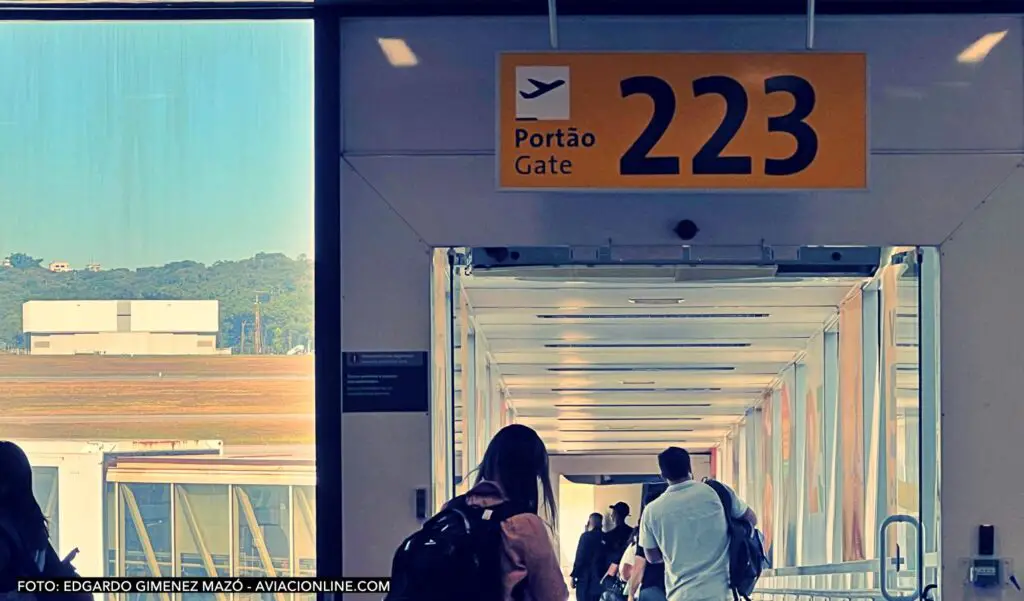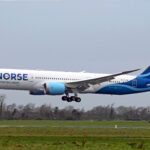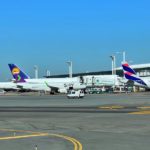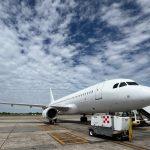A kind of «social fare» or «half fare» could come to the airline industry with tickets at 200 reais (~ USD 38), if a new Brazilian federal government plan goes ahead.
The plan was unveiled by Márcio França, Minister of Ports and Airports, who has federal responsibility for the airline industry. In an interview with the newspaper Correio Braziliense, he explained how Lula and his government intend to fulfil their promise to make «the poor travel by plane again».
«The plan is in place, now it’s a question of the government getting its act together. It will be a revolution in Brazilian aviation. The goal is to find tickets for R$200 (one way), R$400 round trip, anywhere in the country,» the minister said. This represents between USD 38 and USD 76 at today’s exchange rate.
According to our Brazilian media partner AEROIN, the proposal would be to fill the empty seats on planes, which in Brazil are around 20% on domestic flights. In this model, it would be something similar to the benefit ticket, the so-called stand-by, which airline employees and their families have.
In this case, the stand-by passenger pays only the boarding fee and a symbolic value, and the airline subsidises the costs of carrying the beneficiary, as an employee benefit.
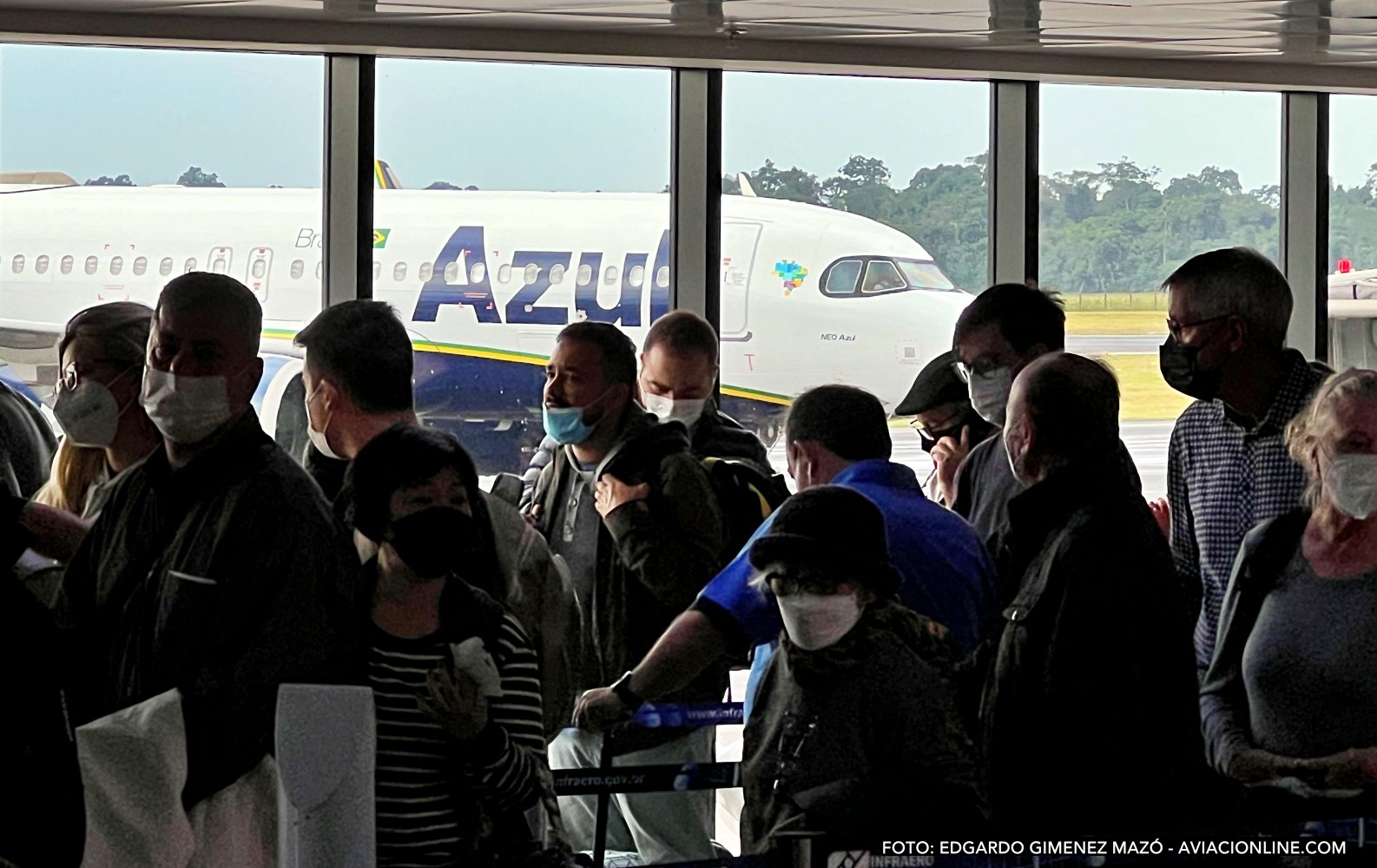
Brazil’s plan, however, is not to have subsidies, but to reach an agreement with the airlines, so that every public employee earning up to 6,800 reais (~USD 1,300), students, retirees and pensioners, can use two round-trip tickets (at 400 reais each) per year. It is estimated that there will be up to 15 million notes per year at 200 reais, which will generate an extra 3 billion reais (~USD 507 million) in revenue.
The government also plans to estables payment in installments in up to 12 interest-bearing, 72 reais per installment.
Minister França points out that the public affected by the future programme does not travel by plane, so there would be no «loss» for the airline. He also mentions that it is absurd to have «90 million airline tickets issued per year for 10 million CPFs».
This whole plan would, of course, depend on the adhesion of Azul, GOL and LATAM, which for the minister would not be a difficulty.
Stand-bys, a dying breed
It is worth noting that aviation has many more variables than road transport, and that on a plane with 174 passengers and flying further afield, 35 extra travellers paying R$ 200 will probably not cover the extra cost of a long trip, for example (related to boarding fees, higher aircraft consumption due to its weight, on-board service and handling).
In fact, Brazilian and foreign airlines already limit the number of stand-bys per flight and are increasingly fighting against the sale of this benefit, restricting it even more, precisely because it is something that generates an extra cost for the company, even if some pay the R$250 fare for dependents.
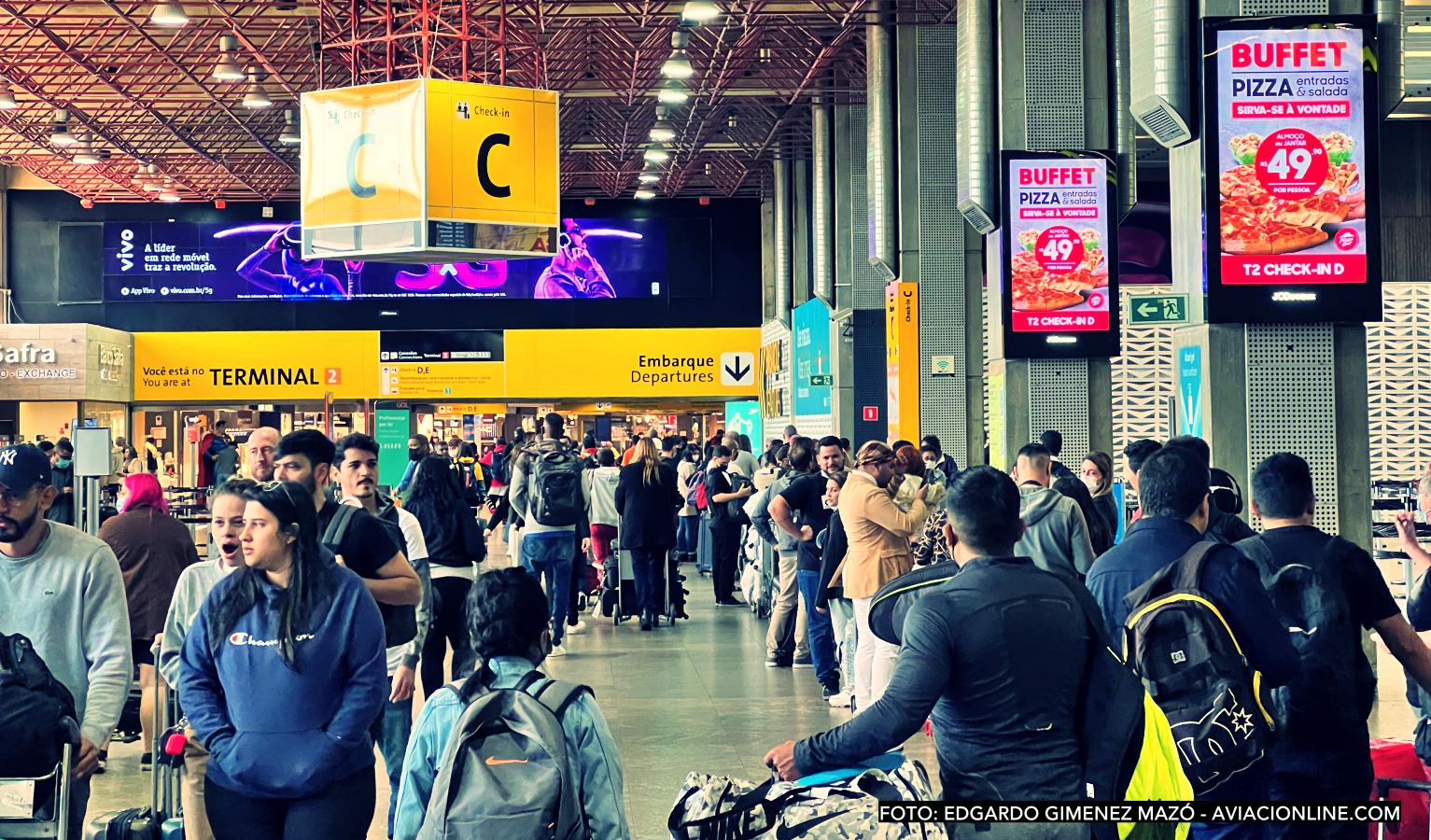
Airline employees themselves should be against it if the passenger on this «social fare» or «half fare» is given preference in the empty seat. Currently, no such programme exists anywhere in the world.
The Minister did not elaborate whether this will be done through an Interim Measure, Decree or Bill. Currently, it is understood in the High Courts that the «half fare» law is not valid for aeroplanes, although it is valid for buses.

